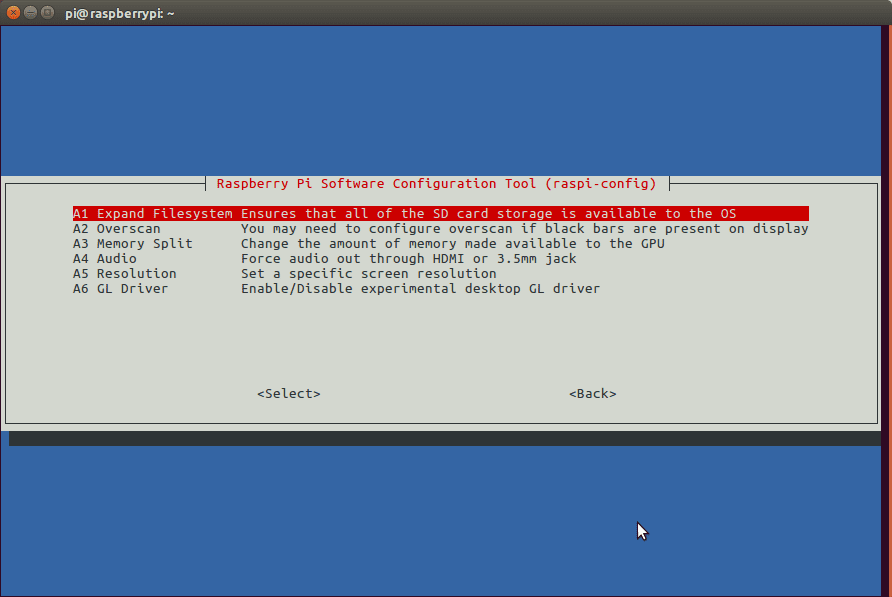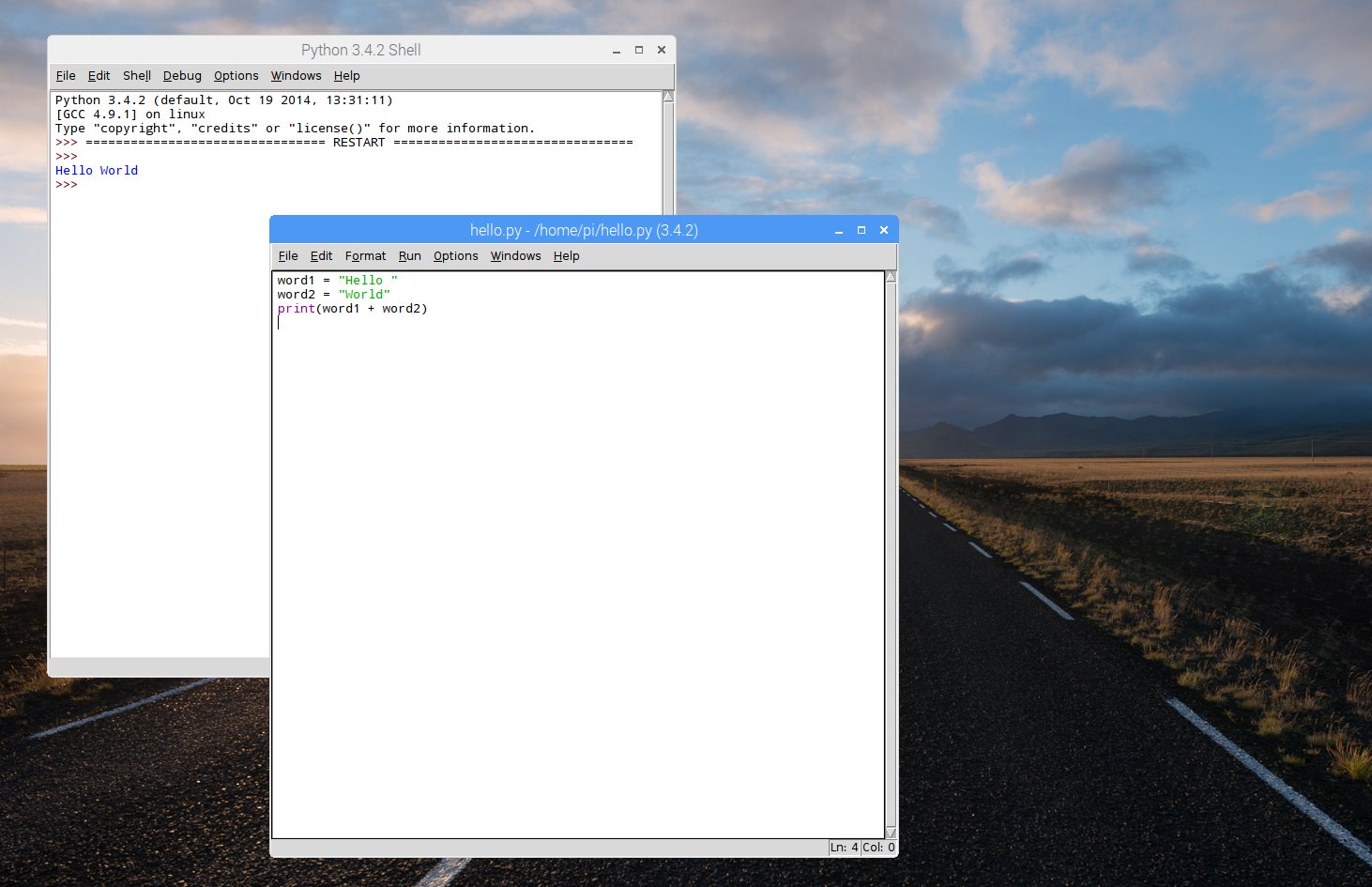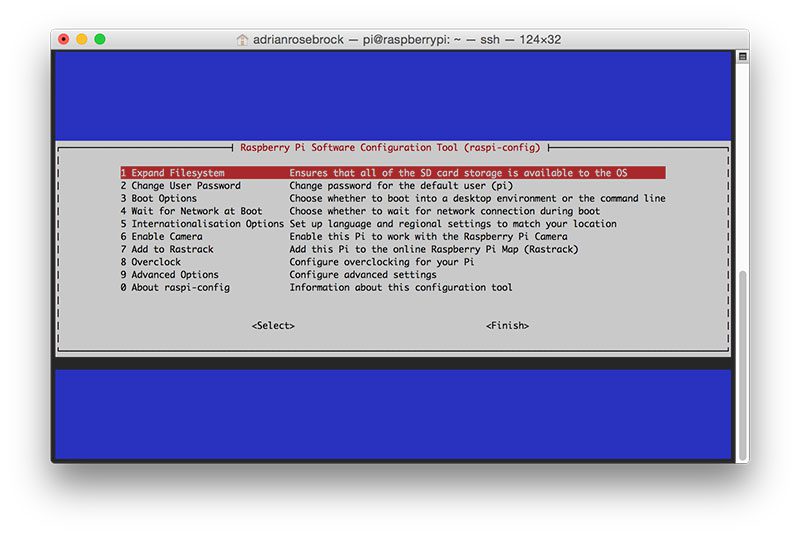
Libcc1-0 libcilkrts5 libdpkg-perl libexpat1-dev libfakeroot libfile-fcntllock-perl libgcc-5-dev Libalgorithm-diff-xs-perl libalgorithm-merge-perl libasan2 libatomic1 libc-dev-bin libc6-dev
#Raspbian python 2.7.9 development headers install#
The installation via apt-get is sure to install the required dependencies e.g, here's the output for installing pip2: $ sudo apt-get install python-pipīinutils build-essential dpkg-dev fakeroot g++ g++-5 gcc gcc-5 libalgorithm-diff-perl You'll need both python-pip for the Python 2.7 pip and the python3-pip for the Python 3 pip. Python3-pip - alternative Python package installer - Python 3 version of the package Python-pip-whl - alternative Python package installer

Python-pip - alternative Python package installer So to install pip, again, it's as easy as sudo apt-get install python-pip : $ sudo apt-cache search -n pip | egrep '^python*-pip' Libpython2.7-minimal libpython2.7-stdlib python2.7 python2.7-minimalĠ upgraded, 4 newly installed, 0 to remove and 0 not upgraded.Īfter this operation, 15.8 MB of additional disk space will be used.Īfter installing python 2.7, $ type python3 python2.7 python3.5 python2 pythonīut there's still a problem, since you can't yet install PyPI modules via pip - e.g., if you want jupyter notebook, or the latest scipy or numpy (etc), you'll want to install pip and then pip install those, and still turning to apt-get to install any needed system dependencies, like graphviz or core system libraries. The following NEW packages will be installed: Libpython2.7-minimal libpython2.7-stdlib python2.7-minimal The following additional packages will be installed: The initial output of installing python 2.7 is as follows: $ sudo apt-get install python2.7 Installing python 2.7 is as easy as: $ sudo apt-get install python2.7 Note: before continuing, you will probably want to do a quick sudo apt-get update, sudo apt-get upgrade, and sudo apt-get dist-upgrade (please do note exactly what these commands are in fact doing I'm assuming a fresh install here.) The program 'python' can be found in the following packages:

On a fresh install (note that there's not even a python executable): $ type python3 python2 python

Continuing to document this for the latest Ubuntu releases 1 : for Ubuntu 16.04.1 server, the default Python is version 3.5, and Python 2.7 is not installed by default.


 0 kommentar(er)
0 kommentar(er)
